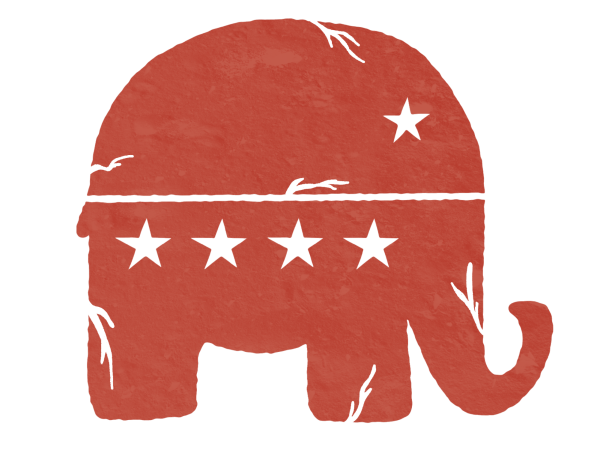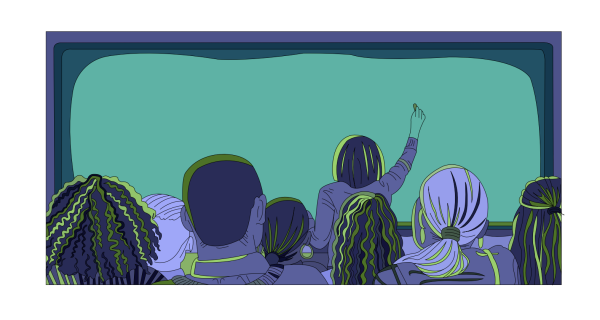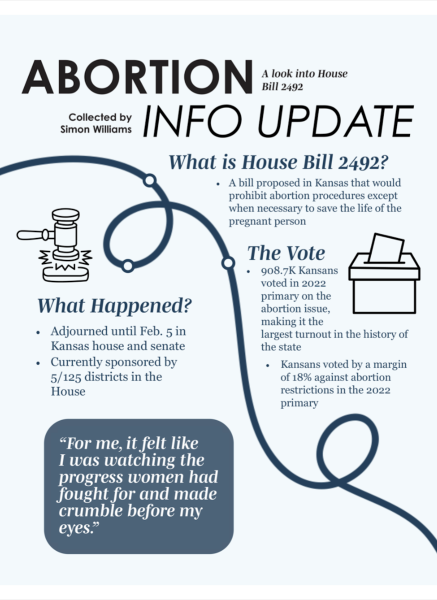Life After High School
A good portion of the senior class will graduate this year knowing how to evaluate an indefinite integral, but not knowing how to sew a button .
Consider the fictional student Johnny. Johnny is an intelligent and superb student, who spends his free time studying, and graduates with a 4.08 GPA as valedictorian of his class.
After graduation, Johnny is driving when his tire pops. He is stuck on the side of the road because he does not know how to change a tire. Johnny is also outcompeted for a part-time job, because he does not know how to properly write a cover letter or prepare for an interview.
Johnny decides to move out of his parents’ house, but he quickly realizes he knows nothing about paying taxes or applying for a loan.
Despite Johnny’s pedantic excellency, Johnny is far from prepared for the “real world.”
Although Johnny’s extreme situation is made-up, Johnny represents an alarming group of students, mostly legal adults, who will graduate high school without any ability to feasibly survive as individuals.
How can the USD 497 Board of Education justify teaching us how to classify halogens–a skill useless in most professional careers–but not teach us about mortgages–an inevitable aspect of home ownership?
Instead of sitting through lectures covering the rise of Sultan Mehmet ll, students could be learning how to plunge a toilet or cook raw meat.
Students may recall the school board’s attempt at teaching students practical life skills in the required eighth grade class formerly known as Family and Consumer Sciences.
“So in middle school there’s a course called Healthy Living, which is about nutrition, basic food preparation, that type of thing,” said Patrick Kelly, USD 497 Director of Career and Technical Education . “… We try to make sure that every student, especially as they come up through middle school, has those rudimentary skills and those come through those required courses in middle school.”
However, the school board needs to expand on this idea of ‘rudimentary,’ because baking cinnamon rolls one time in eighth grade does not translate to a lifelong ability to feed oneself.
Though, if a student is interested, opportunities to garner more knowledge and further skills are offered.
“The design of the career pathway courses … is that each one has an intro level course … and those provide foundation, introductory skills,” Kelly said.
However, approaching these subjects from a career-oriented perspective deters students who are looking more for an overview in basic life skills than a potential job interest. A first-time car owner should not have to take the semester-long course Automotive Service 1 to simply recognize when their oil needs to be changed.
Courses, such as Business Essentials, teach students valuable money management techniques that will undoubtedly be useful to students when they begin supporting themselves. But investing in stocks, balancing a budget and doing taxes–all vital aspects of independent adult life–should be skills taught to students regardless of whether they are interested in pursuing a career in business.
Instead of forcing students to pass a course such as Business Essentials, which, while useful, may contain superfluous information, the school board should require a supplementary course to the middle school’s Healthy Living that encompasses a range of life skills.
However, in order to give students flexibility in elective choices the school board does not mandate a “Life Skills” class.
“… I’m pretty sure you don’t want to take an entire course about balancing your checkbook or how to vote,” Kelly said, “and I’m pretty sure you don’t want to take an entire course called Life Skills, either.”
However, most students don’t want to take courses titled Survey of U.S. History or Algebra II either. If the information in a “Life Skills” class is truly beneficial to students for post-high school success, then students should be obtaining this knowledge.
Kelly instead proposes that students and teachers take advantage of the preexisting requisite courses by applying the information to real life situations.
“It’s difficult to have a class specifically focused on that [life skills], but there are specific assignments that can happen within a required class that you currently have.” Kelly said. “… Students ask all the time, ‘When am I going to need to know this?’ And we better be able to answer that.”
For example, registering to vote can easily be incorporated into government classes and how to balance a budget can be taught at the same time the basic algebra functions are introduced.
Arguably, some life skills are best taught by parents. But each family is different, so drawing the line between whose role it is to teach what lesson is a gray area. The school board is underestimating their duty as educators by not covering all the basics. Not every parent, especially if they haven’t mastered the skill themselves, is able to teach their children the tools to become productive adults.
Students will become more than just the employees or post-secondary students or interns that high school is preparing them to be. Students will also be mothers, fathers, drivers, citizens, laundry-doers, cookers, owners, cleaners and free-thinking individuals. While high school, of course, can’t feasibly prepare students for every role they may ever take on, it should at least begin preparing them to be the most successful adults they can.













Mr. Henderson • Feb 20, 2014 at 2:57 pm
Just wanted to say I taught in FACS class at Junction City titled life skills and communication, and one at Goddard titled “home living” where we focused on a ton of stuff like this. At JCHS it was a freshman course and at Goddard it was for Seniors on their way on to the real world!